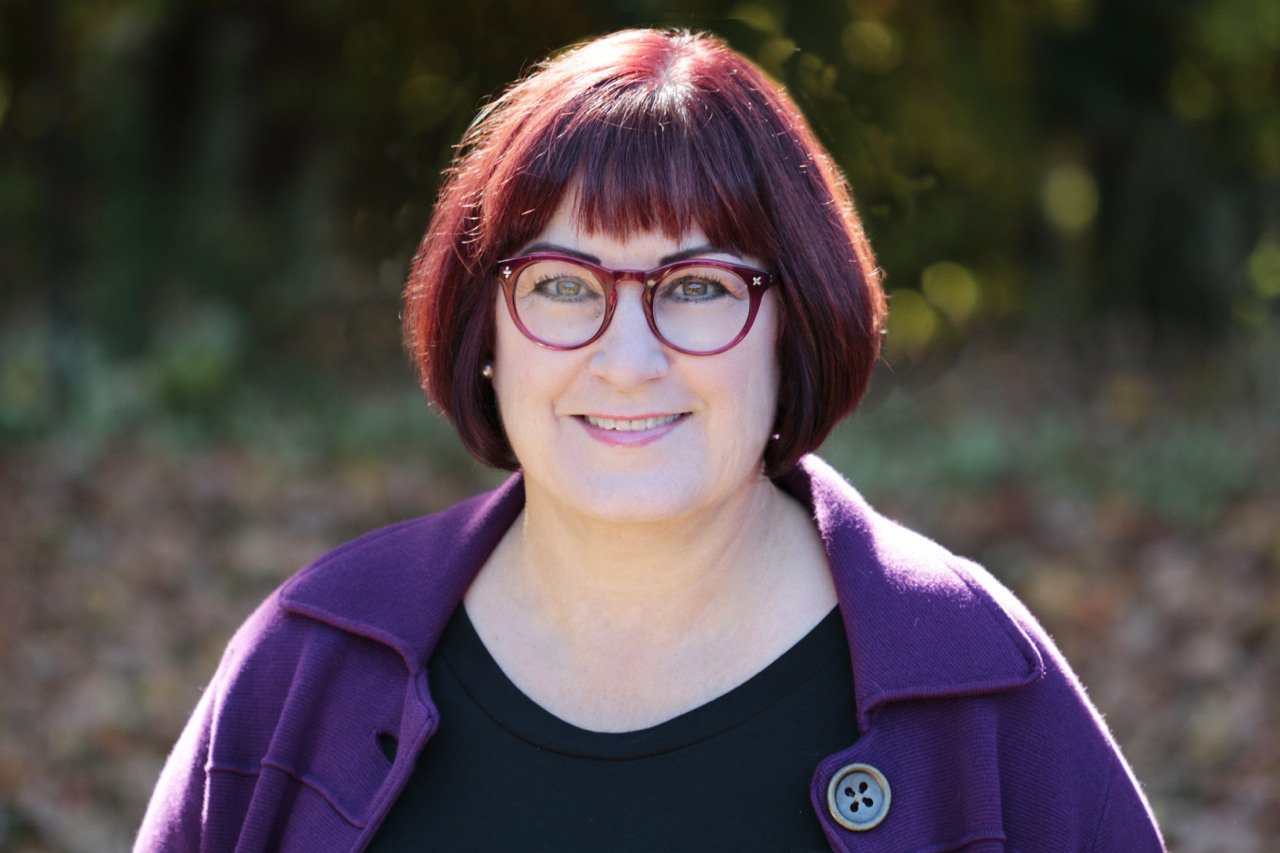
Dr. Carlo DiClemente, Ph.D., ABPP
Provided by David Koss, SMART Recovery Facilitator, Capital SMART
Participants in SMART Recovery, in fact all individuals who change problematic behavior, owe a debt a gratitude to the Transtheoretical Model of Behavior Change, as developed and refined since the late 1970’s by, among others, Carlo C. DiClemente, PhD, ABPP, a keynote speaker at the 2019 SMART Recovery National Conference in Chicago.
The Transtheoretical Model (which we will refer to as TTM or as The Stages of Change) has been called “arguably the dominant model of health behaviour change” in the British Journal of Health Psychology.
 5 Stages of Change
5 Stages of Change
While the depiction of the Stages of Change has evolved, for the past few decades, it has been expressly described as follows:
1. Precontemplation (no near-term consideration of change of the particular target behavior; problem behavior seen as having more pros than cons);
2. Contemplation (seriously considering change; seeking information about problem; evaluating pros and cons of change; ambivalent; not prepared to change yet);
3. Preparation (made a decision to change and ready to change in attitude and behavior; may have begun to increase self-regulation and build a plan to change);
4. Action (modifying the problem behavior; learning skills to prevent reversal to full return to problem behavior); and
5. Maintenance (sustaining changes that have been accomplished and integrating the new pattern of behavior into lifestyle).
Professor Stephen Rollnick, one of the founders of Motivational Interviewing (MI), has said that the tools and the spirit of MI can be used to help individuals move from one of the stages to another. And it is universally recognized that the process of movement from one stage to the next is almost never a linear one. The illustration in the SMART Recovery Handbook, Third Edition, is of a spiral. Psychologist Christopher C. Wagner of Virginia Commonwealth University has said that individuals may move from one of the stages in the TTM to another (and back again) in the same therapeutic session (or SMART Recovery meeting).
Some lay people have alternative terms for the last of the stages in the TTM. Rather than maintenance, the State of New York Office of Alcoholism and Substance Abuse Services refers to the Maintenance stage as the stage of Wellness. The fourth part of SMART Recovery’s self-empowering program, living a balanced, positive, and healthy life, incorporates the Maintenance stage of the TTM. In SMART Recovery meetings that I facilitate, participants often characterize the Maintenance stage as one of heightened self-care.
Like the recovery journey generally, behavior change is not easy and moving through the stages of change not only involves moving forward and backward many times but also often (quite often) involves slips or lapses.
In Substance Abuse Treatment and the Stages of Change: Selecting and Planning Interventions, the authors write that the Stages of Change each have “a unique set of tasks, attitudes and behaviors” and that “movement through the stages of change is facilitated by the client’s involvement in stage-relevant experiential and behavioral processes of change.”
Other Helpful Resources
You can listen to a podcast interview with Carlo DiClemente, Ph.D., ABPP using the player below.
Additionally, the tools found in the SMART Recovery toolbox are very helpful in facilitating movement through the stages of change.
About Carlo C. DiClemente, Ph.D., ABPP
Carlo C. DiClemente, Ph.D., ABPP, is an emeritus professor of psychology at the University of Maryland, Baltimore County, winner of the 2019 Alfred M. Wellner, PhD, Lifetime Achievement Award by the National Register of Health Service Psychologists.
DiClemente will be speaking at the 2019 SMART Recovery National Conference on Sunday morning covering the topic of: Are Relapse and Recycling Necessary for Addictive Behavior Change? Click here to learn more about the National Conference and to register.
(The material in this essay is based predominantly on Substance Abuse Treatment and the Stages of Change: Selecting and Planning Interventions,Second Edition, 2013, by Connors, DiClemente, Velaquez and Donovan; and on Addiction and Change: How Addictions Develop and Addicted People Recover,Second Edition, 2018, by DiClemente.)




